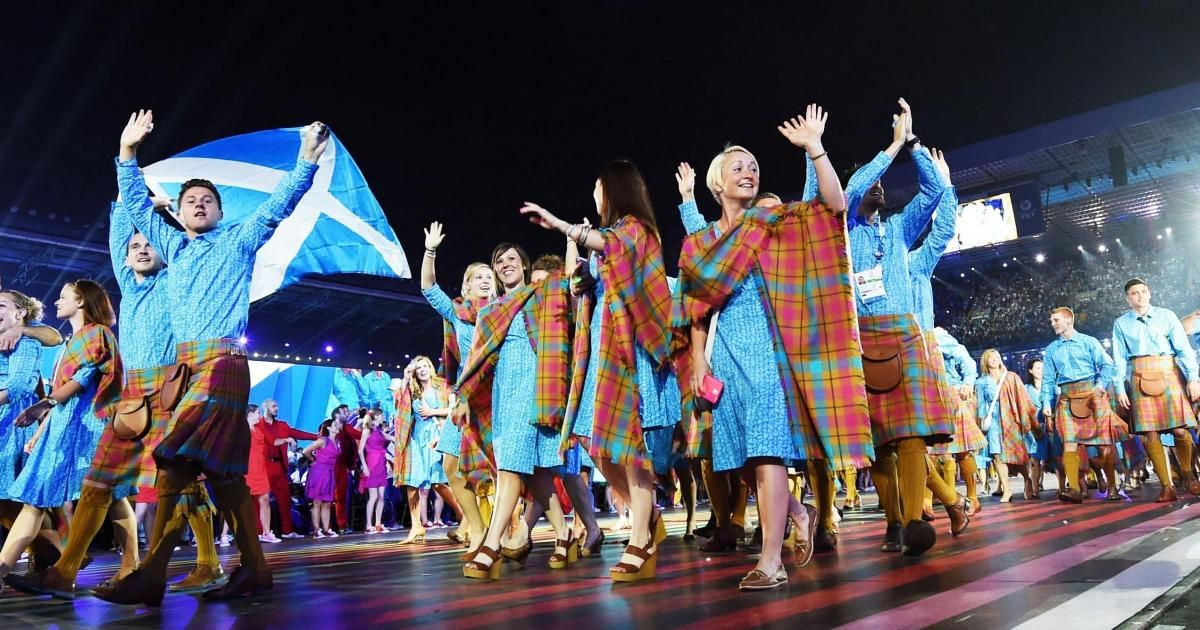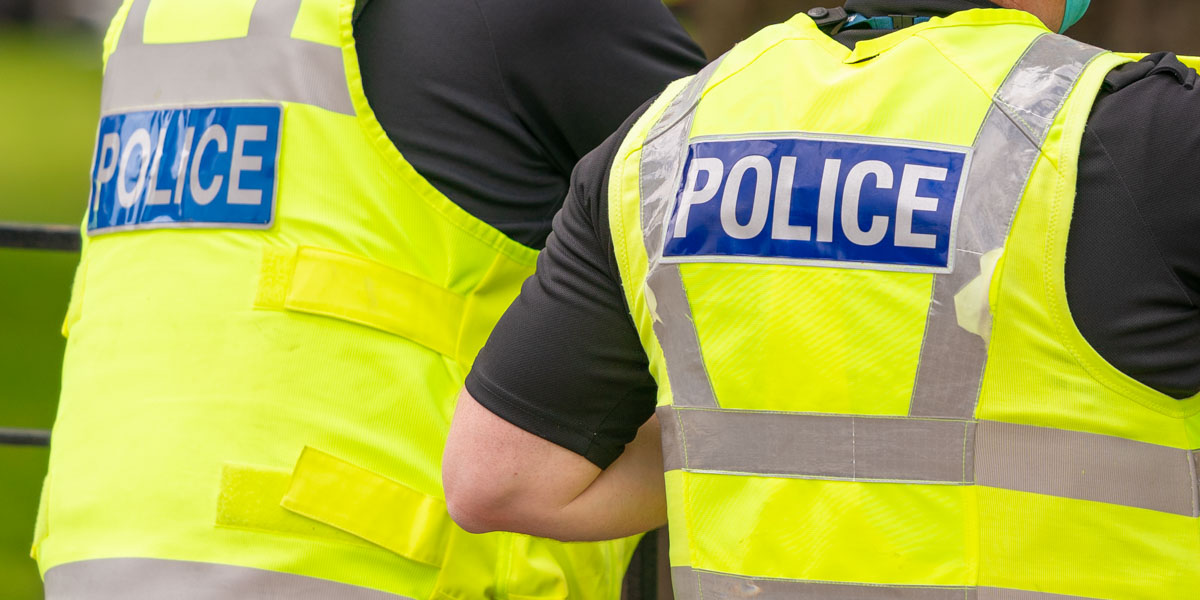Sports
SNP Government must seize Glasgow 2026 as chance for Scotland’s soft-power

THE 2026 Commonwealth Games provides an opportunity for Scotland and the Commonwealth to have a reset about how nations use sport.
At a Cabinet level, sport is primarily managed within the health and social care portfolio but it has an important role to play in external affairs and culture. Scotland has an asset that it does not fully utilise.
The use of sport to enhance international engagement and co-operation comes in many forms, including the hosting of major sporting events. Sub-national actors, such as cities, universities, and civil society organisations, are increasingly pivotal in sustaining international cultural relations and sport is part of this.
Scotland has some catching up to do.
Ernst and Young’s impact evaluation of the soft power, trade and influence enabled through the City of London’s hosting of major sporting events (MSEs) points out that MSEs have the potential to deliver £4 billion in soft power, trade, and investment impacts over the next decade.
China’s stadium diplomacy has supported infrastructure development and influence in Africa, Asia, and South America. Stadium build is a proven tool in China’s global image strategy.
Australia is on its third reiteration of a successful sports diplomacy strategy fostering trade business and influence through sport. A strategy that facilitates outward investment, job creation, and most importantly an opportunity for nation-to-nation dialogue.
The Welsh Government’s international relations through public diplomacy and soft power action plan states: “Wales is in a unique position as a small nation with a large sporting footprint, one of only a few small nations competing in high-profile global tournaments, offering an opportunity for public diplomacy.”
With the advent of Glasgow 2026 – and hopefully future European and World Cup qualification – Scotland has the opportunity to capitalise upon sports’ global and local currency.

This however has to be not a one-off but a sustained series of events and opportunities for international engagement, co-operation, and networking year on year.
The Contribution Of Commonwealth-Accredited Organisations To Advancing The Commonwealth Charter, an independent study published by the Commonwealth Secretariat in October 2023, stated: “There is common agreement that the Commonwealth Games is the [Commonwealth] institution’s most popular showcase.”
Glasgow 2026 is the next staging post on this journey but Glasgow, Scotland and the Commonwealth should use Glasgow 2026 to grow and sustain bilateral and multilateral international relationships – including city-to-city and region-to-region relationships.
There are numerous ways in which the use of sport as a soft power asset can help Glasgow, Scotland and the Commonwealth by refreshing the narrative about sport in a way that values its contribution to sport wealth, diplomatic wealth, economic wealth, cultural wealth, and social wealth.
There are numerous opportunities for Scotland to optimise its own sporting assets to enhance Scotland’s global profile, build and sustain mutual cultural exchanges, strengthen international partnerships, leverage further trade, business and influence through attracting more sporting events to Scotland, support Scottish society and become closer to Europe.
The rationale for the use of sport might recognise a number of policy drivers – attraction, national brand, promoting national culture, promoting co-operation and international engagement, regional influence, diaspora engagement, geopolitical influence, domestic engagement, building networks, strengthening outreach, and supporting the domestic economy.
The digital dimension of Scottish sport could significantly amplify Scotland’s soft power reach and impact. Scottish institutions are pioneering digital innovation. This technological leadership enables unprecedented engagement with global audiences – particularly younger demographics – while showcasing Scottish expertise in sports technology and data analytics. The digital transformation of sport provides new channels for cultural diplomacy and creates opportunities for technology exports, further strengthening both Scotland and the UK’s position as a leader in both sporting excellence and digital innovation.
Sport as a platform for international relations, political goodwill and global cooperation across public, private and third-sector organisations, within and between cities, regions, communities and countries, remains an underutilised tool for enabling and sustaining wealth in different forms for Scotland, Glasgow, the UK, and the Commonwealth.
Sport is an important soft-power asset. Much of its good work goes on on an almost a daily basis, underneath the radar. It has a role to play in safeguarding and advancing local and global influence in an era of transactional diplomacy and geopolitical competition.
Dr Grant Jarvie is chair of sport at the University of Edinburgh, a policy adviser to the Commonwealth Secretariat on sport, and served on sportscotland’s board at the time of the 2014 Commonwealth Games.










